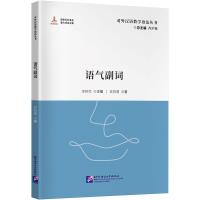Online Bookstore
Modal Adverbs
Author:Chen Xiaolei
- Medium:Books
- ISBN: 9787561963388
- Page Count: 233
- Size:
- Pub Date:2023-09
- The book weight: 451 g
- Annotation Language:
- Course:Non-textbook
- Target Audience(Age):
- Target Audience(Language):
- The Series: Series of Teaching Foreigners Chinese Grammar
- Subject Zone: Series of Teaching Foreigners Chinese Grammar
- Price:
-
Category: Academic Research














